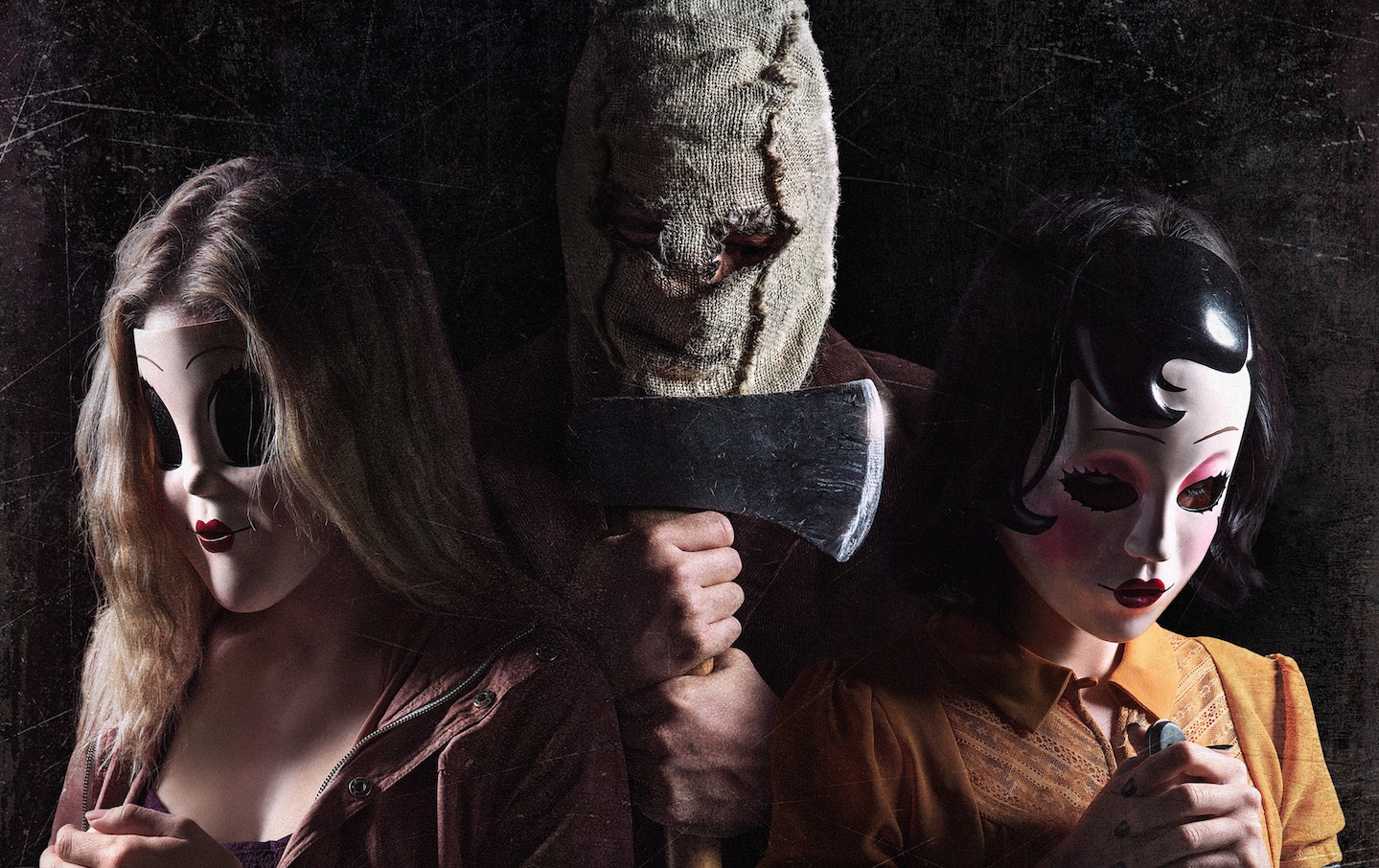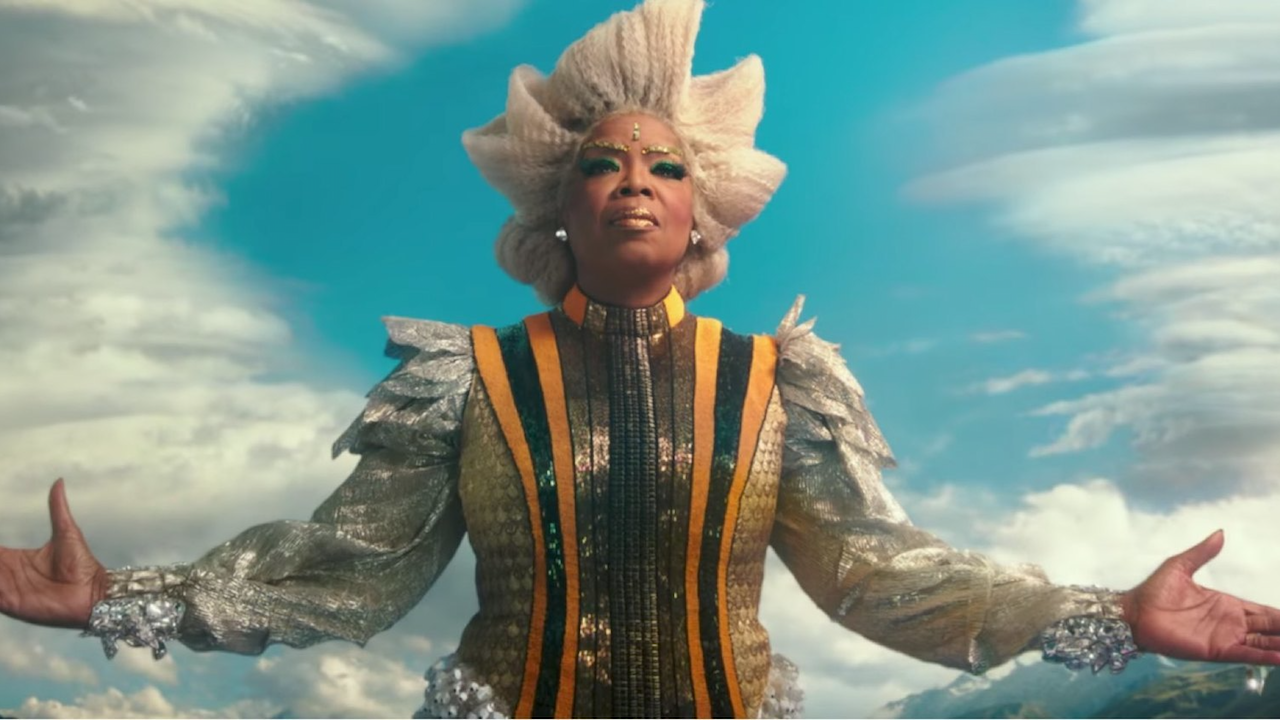Loveless
by Hope Madden
There is a deep and deeply Russian melancholy to the films of Andrey Zvyagintsev.
Loveless opens on a sweet-faced boy meandering playfully through the woods between school and home. Once home, Alexey (Matvey Novikov) stares blankly out his bedroom window while his hostile mother (Maryana Spivak) shows the apartment to two prospective buyers.
Alexey’s parents are divorcing. Each has gone on to another relationship, each indulges images of future comfort and bliss, each bristles at the company of the other, and neither has any interest in bringing Alexey into their perfect futures.
So complete is their self-absorption that it takes more than a day before either realizes 12-year-old Alexey hasn’t been home.
Zvyagintsev’s films depict absence as much as presence. His dilapidated buildings become emblematic characters, as do his busily detailed living quarters. They appear to represent a fractured image of Russia, whose past haunts its present as clearly as these abandoned buildings mar the urban landscape where Alexey and his parents live.
TV and radio newsbreaks setting the film’s present day in 2012 concern political upheaval and war in Ukraine. They sometimes tip the film toward obviousness, Zvyagintsev’s allegory to the moral blindness of his countrymen becoming a little stifling.
Alexey’s parents Zhenya and Boris—thankless roles played exquisitely by Spivak and Aleksey Rozin—border on parody in their remarkable self-obsession. But this is a tension Zvyagintsev builds intentionally, and it is thanks to the stunning performances as well as the director’s slow, open visual style that his film never abandons its human drama in favor of its larger themes.
Like the filmmaker’s 2015 Oscar nominee Leviathan, another poetic dip into Russian misery, Loveless does offer small reasons for optimism. The volunteers—led by a dedicated Ivan (Aleksey Fateev), who has no time for bickering parents—brighten an otherwise exhaustingly grim look at familial disintegration.
Loveless doesn’t balance intimacy and allegory as well as Leviathan did, and its opinion of the Russian people feels more like finger wagging this time around, but Zvyagintsev remains a storyteller like few other. His latest is a visually stunning gut punch.









